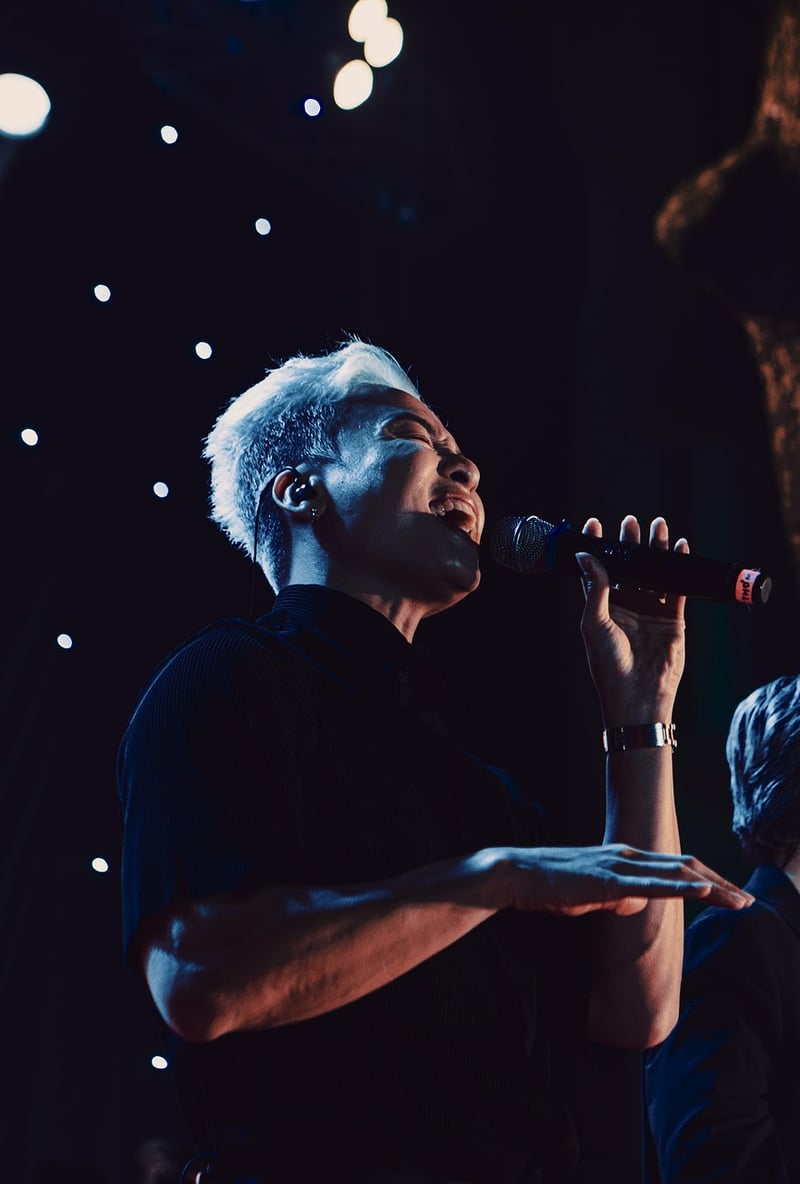Hip Hop
The Power of Expressive Movement in Hip Hop Culture

Hip hop culture is deeply rooted in expressive movement, where dance plays a significant role in conveying emotions, stories, and experiences. From its origins in the Bronx to its global influence today, hip hop dance has evolved into a powerful form of artistic expression that resonates with people of all backgrounds.
The Origins of Hip Hop Dance
Hip hop dance emerged in the 1970s as a response to social and political issues faced by African American and Latino communities in New York City. It provided a creative outlet for individuals to express themselves through movement, music, and style. From breakdancing to popping and locking, hip hop dance styles continue to evolve and inspire dancers worldwide.
The Art of Freestyle
One of the defining features of hip hop dance is freestyle improvisation, where dancers express themselves in the moment without choreography. This spontaneous form of movement allows dancers to showcase their individuality, creativity, and connection to the music.
The Influence of Hip Hop Culture
Over the years, hip hop dance has transcended its cultural boundaries and become a global phenomenon. It has influenced mainstream culture, fashion, and music, shaping the way we perceive art and creativity. From music videos to live performances, hip hop dancers continue to push boundaries and challenge traditional norms through their dynamic movements.
Joining the Movement
Whether you're a seasoned dancer or just starting out, hip hop dance offers a vibrant and inclusive community where individuals can come together to share their passion for movement and music. Workshops, classes, and dance battles provide opportunities for dancers to hone their skills, connect with like-minded individuals, and showcase their unique style.
Embrace the power of expressive movement in hip hop culture and let your creativity shine on the dance floor!
